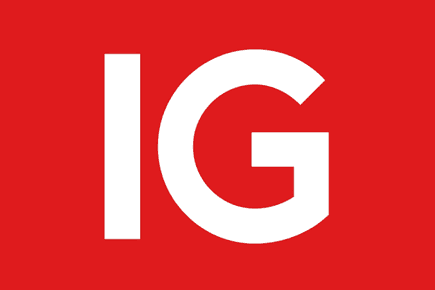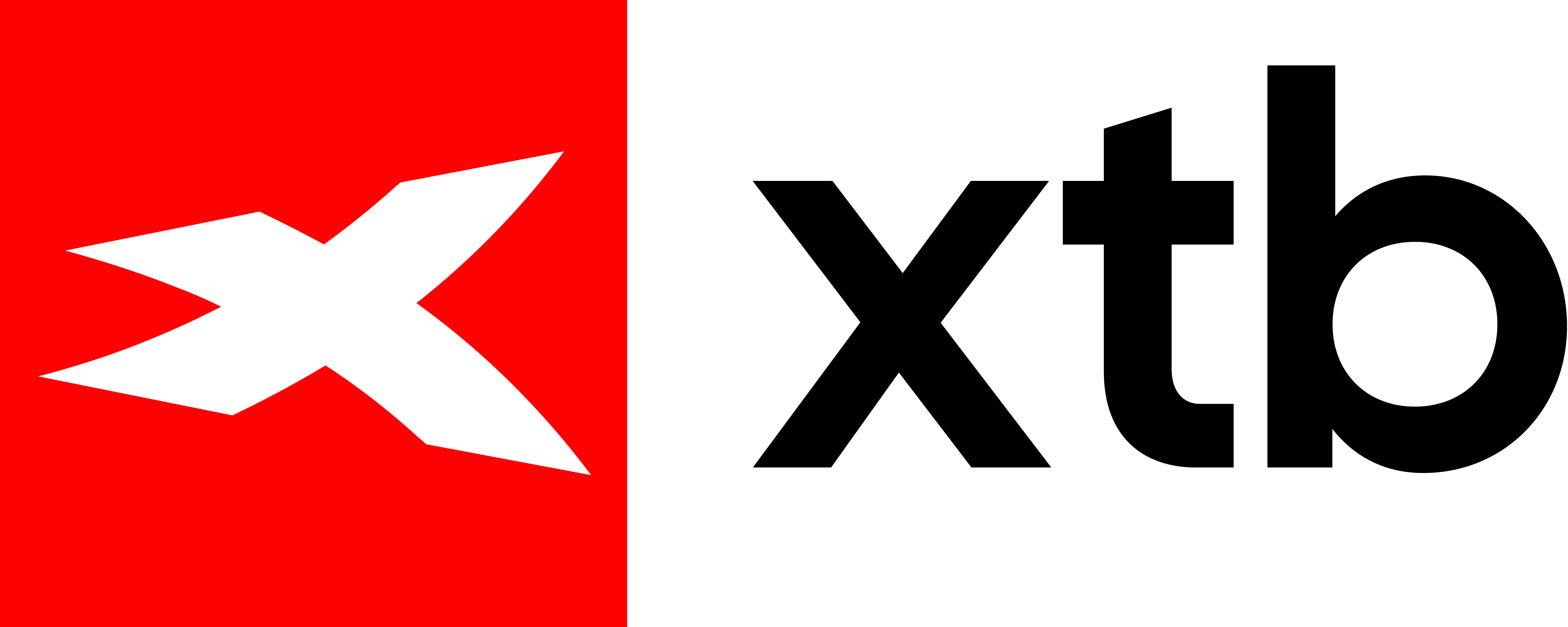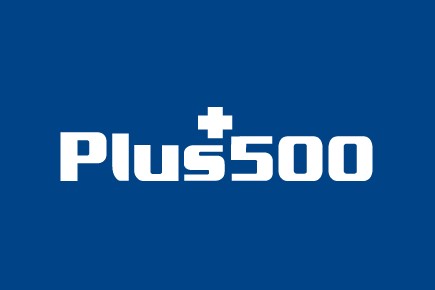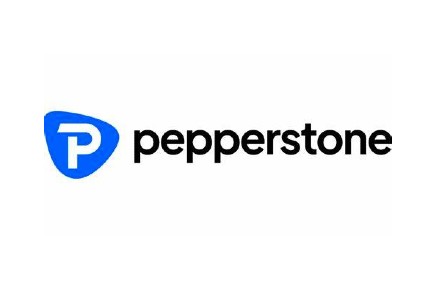During times of high inflation, commodities can potentially make a great hedge against the rising cost of living for your investment portfolio.
The first step to trading commodities is opening an account with a broker, but which is the best commodity trading platform in the UK? Well, my guide will tell you everything you need to know about some of the best brokers available and some of the big differences between commodities and stocks and shares.
Also consider: Find the best uk share trading platform
My top commodity trading platforms for August 2025
Below are five of my top picks for the best commodity trading platforms in the UK. Each comes with its own set of features, some more appealing than others.
Top commodity trading platforms at a glance
IG
Whether you’re buying stocks and shares or trading forex, IG is one of the longest-standing brokers in the UK and is also a brilliant option for commodities trading.
The broker offers access to more than 35 commodities across both soft and hard commodity categories.
If educational resources are important to you, then IG could be the platform for you, as it provides myriad different research and educational materials.
IG also allows you to trade commodity futures contracts on its platform, as well as derivatives such as spread bets and CFDs.
Better yet, IG has relatively low fees when compared to other brokers, as there is no deposit or withdrawal fee whatsoever.
It’s worth keeping in mind that there is an inactivity fee on IG, but you will only be charged £12 a month after two years of inactivity.
Please note that there’s a high level of risk involved with trading CFDs; 76% of retail investor accounts lose money trading CFDs with this provider.
Spread bets and CFDs are complex instruments and come with a high risk of losing money rapidly due to leverage. 69% of retail investor accounts lose money when trading spread bets and CFDs with this provider. You should consider whether you understand how spread bets and CFDs work, and whether you can afford to take the high risk of losing your money.
eToro
Another brilliant online trading platform for commodity investing, and perhaps one that you’ve heard mentioned before, is eToro.
If you’re looking for a platform that is simple to use, then eToro could be what you’re looking for. Indeed, the platform’s user interface is intuitive and great for beginners.
The most commonly traded commodities are present, such as oil, gold, and silver. Traders can access real-time price charts and tap into the thriving social trading community to discuss oil, gold, gas, and other top commodities.
There are more than 40 commodity markets available at eToro, and you can also trade commodity CFDs with eToro, allowing you to speculate on future price movements.
The minimum deposit at eToro is $50, and there is a $5 withdrawal fee, which is worth remembering.
This platform offers a trading app, so you can check your investments on the go. You can also use eToro’s demo account to learn about trading before putting your money in the market.
{etoroCFDrisk}% of retail investor accounts lose money when trading CFDs with this provider. You should consider whether you can afford to take the high risk of losing your money. Your capital is at risk. Other fees apply. For more information, visit etoro.com/trading/fees
Admiral Markets
Admiral Markets offers a comprehensive commodity trading experience through its MetaTrader 4 (MT4) and MetaTrader 5 (MT5) platforms. Traders can access a diverse range of commodity CFDs, including energies, metals, and agricultural products, allowing for portfolio diversification. The platforms are enhanced with advanced tools like the Supreme Edition add-on, providing features such as advanced charting, sentiment analysis, and real-time news updates, which are invaluable for informed trading decisions. Admirals is regulated by top-tier authorities, including the UK’s Financial Conduct Authority (FCA) and the Australian Securities and Investments Commission (ASIC), ensuring a secure trading environment. The broker is known for its competitive spreads and low commissions, contributing to cost-effective trading. Additionally, Admirals offers a range of educational resources, including webinars and market analysis, supporting traders in enhancing their knowledge and skills.
CFDs are complex instruments and come with a high risk of losing money rapidly due to leverage. 76% of retail investor accounts lose money when trading CFDs with this provider. You should consider whether you understand how CFDs work and whether you can afford to take the high risk of losing your money.
XTB
XTB’s commodity trading offers investors and traders access to a diverse range of global markets, including popular commodities like gold, silver, oil, and natural gas, as well as agricultural products such as coffee and wheat. With over 20 commodity CFDs, XTB provides flexible options for those looking to hedge against inflation, diversify portfolios, or take advantage of price movements in raw materials. The xStation5 platform enhances the trading experience with advanced tools like real-time market data, sentiment indicators, and built-in calculators for margin and risk analysis. Competitive spreads and zero-commission trading on commodities further add to the appeal, although users should consider overnight swap fees for long-term positions. Whether you are a beginner exploring commodities or an experienced trader seeking advanced tools, XTB’s robust offering ensures you stay ahead in these dynamic markets.
CFDs are complex instruments and come with a high risk of losing money rapidly due to leverage. 75% of retail investor accounts lose money when trading CFDs with this provider. You should consider whether you understand how CFDs work and whether you can afford to take the high risk of losing your money.
Plus500
I was impressed with the variety of over 20 commodity CFDs at Plus500, including gold, platinum, oil, gasoline, silver, and agricultural commodities like wheat and coffee. no commissions, spreads and other fees apply and low non trading fees make this broker an excellent choice.
In addition, traders can make use of some advanced risk management tools, including stops, limits, and Guaranteed Stop to avoid slippage. Trades can be made on the move using the intuitive mobile app, which is compatible with both Android devices and smartwatches.
Plus500 has also catered to inexperienced traders with an excellent demo account, allowing traders to test the platform in real market conditions without risking any of their own funds.
All in all, this is an excellent trading platform that comes highly recommended.
CFDs are complex instruments and come with a high risk of losing money rapidly due to leverage. 80% of retail investor accounts lose money when trading CFDs with this provider. You should consider whether you understand how CFDs work and whether you can afford to take the high risk of losing your money.
There is a lot I like about trading commodity CFDs on Pepperstone. On a multitude of trading platforms, you can access commodity CFDs that include gold, silver, crude oil, and natural gas with extremely competitive spreads starting as low as 0.05 points on gold. There are no inactivity fees, no account fees, no commission on the standard account, and no minimum deposit, which makes this a really cost-effective option.
For traders who are new to commodity trading, Pepperstone has a number of social trading platforms with a thriving community to learn from. There is also access to the MetaTrade platforms, a firm favourite among commodity traders. Fast executions and a 99.94% full rate means you will never miss out on a trade.
Pepperstone also offers award-winning customer service, which is available 24 hours a day, 5 days a week, plus an additional 18 hours on weekends. You experience a smooth trading experience here with helpful account managers, all at exceptionally low costs.
For the latest Pepperstone products, fees, and platforms available, including stock and share trading, please read my detailed Pepperstone review.
Spread bets and CFDs are complex instruments and come with a high risk of losing money rapidly due to leverage. 75.3% of retail investor accounts lose money when trading spread bets and CFDs with this provider. You should consider whether you understand how spread bets and CFDs work, and whether you can afford to take the high risk of losing your money.
What is the best commodity trading platform?
One of the best commodity trading platforms is eToro, which offers low deposit and withdrawal fees. This could be great for those who are still beginners and just want to dip their toes in the water of commodity trading.
Or, if you wish to trade futures on commodities or try your hand at spread betting and CFD trading, you should find a platform that allows you to do so.
Meanwhile, you might want to be able to check your investments wherever you are. In that case, mobile trading apps might be your priority.
Which commodity trading platform is best for beginners?
If you’re still a beginner looking to start trading commodities, it may be worth looking into a commodity broker like eToro that offers access to a good selection of educational and research materials.
This way, you can learn while you trade and refine your trading strategies as you go.
Also, if you’re still a beginner and just want to try your hand at commodity trading, you may want to consider retail investor accounts that have low minimum deposit requirements.
How do you decide which platform best suits you?
To decide which platform you want to use, you should use my guide and compare the different features each broker offers.
If you are planning on trading a wide variety of different commodities, you should ensure that your chosen platform supports many different commodities. CMC Markets, for instance, offers access to more than 90 commodities, which is much higher than some of the others on my list.
Fees and commissions should also play a part in helping you decide which broker to choose. If you’re planning on trading large volumes of commodities, you should ideally pick a broker that has lower fees and commissions on trades, such as Interactive Brokers.
This way, the fees and charges you accrue won’t eat into your potential profits too much.
And finally, the frequency with which you plan on trading should also influence your choice. For example, some brokers have higher inactivity fees. If you end up forgetting about your account after a while, an inactivity fee could eat into your capital.
Best Commodity Trading Platform UK FAQs
Which commodity trading platform is best for beginners?
The best commodity trading platform for beginners would ideally be one with lots of educational and research materials on offer. This way, you can learn more about commodity trading while you’re investing.
Also, beginners may want to consider using a trading platform with low minimum deposit requirements. This will prevent you from feeling overly committed to your account if you’re required to deposit large sums of money.
How do you trade commodities in the UK?
To trade commodities in the UK, you first need to open an account on a trading platform of your choosing. Once you’ve opened your account, you should deposit the amount of money you intend to invest.
When all this is done, you should then search for the commodity you wish to trade and how you plan on trading it.
Please note
The value of your investments (and any income from them) can go down as well as up and you may not get back the full amount you invested. Past performance is not a reliable indicator of future performance. Investments should be considered over the longer term and should fit in with your overall attitude to risk and financial circumstances.
Trading CFDs and financial spread betting are complex instruments, and more than half of retail investor accounts lose money when trading commodity CFDs and financial spread betting. Please make sure that you know these risks before you start trading and that you’re aware there’s a high chance of losing money rapidly on your investment.





